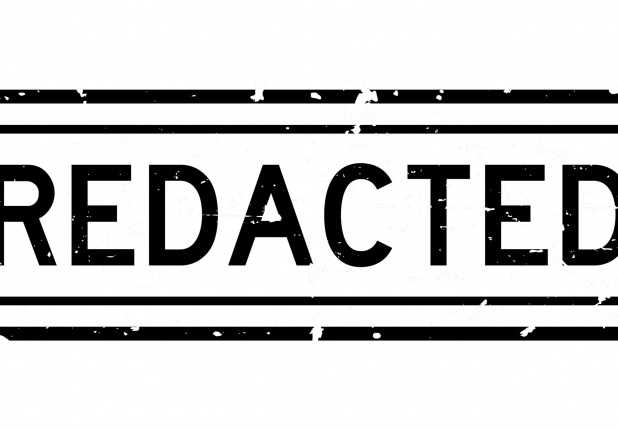The Pitfalls of Negotiated Preliminary Injunction Orders
Sunlight Financial L.L.C. v. Hinkle, et al., 2022 WL 17487686 (S.D.N.Y. Dec. 7, 2022) highlights the importance of negotiating strong stipulation orders that protect your client's interests. In this case, the Stipulated Amended Preliminary Injunction Order was overly broad and failed to carve out information that the defense believed to be the confidential, proprietary, or trade secret information of third parties. As a result, the corporate defendant was required to produce documents for forensic examination that had questionable relevance to the specific allegations of the Plaintiff and exposed the defendant to potential future litigation.



